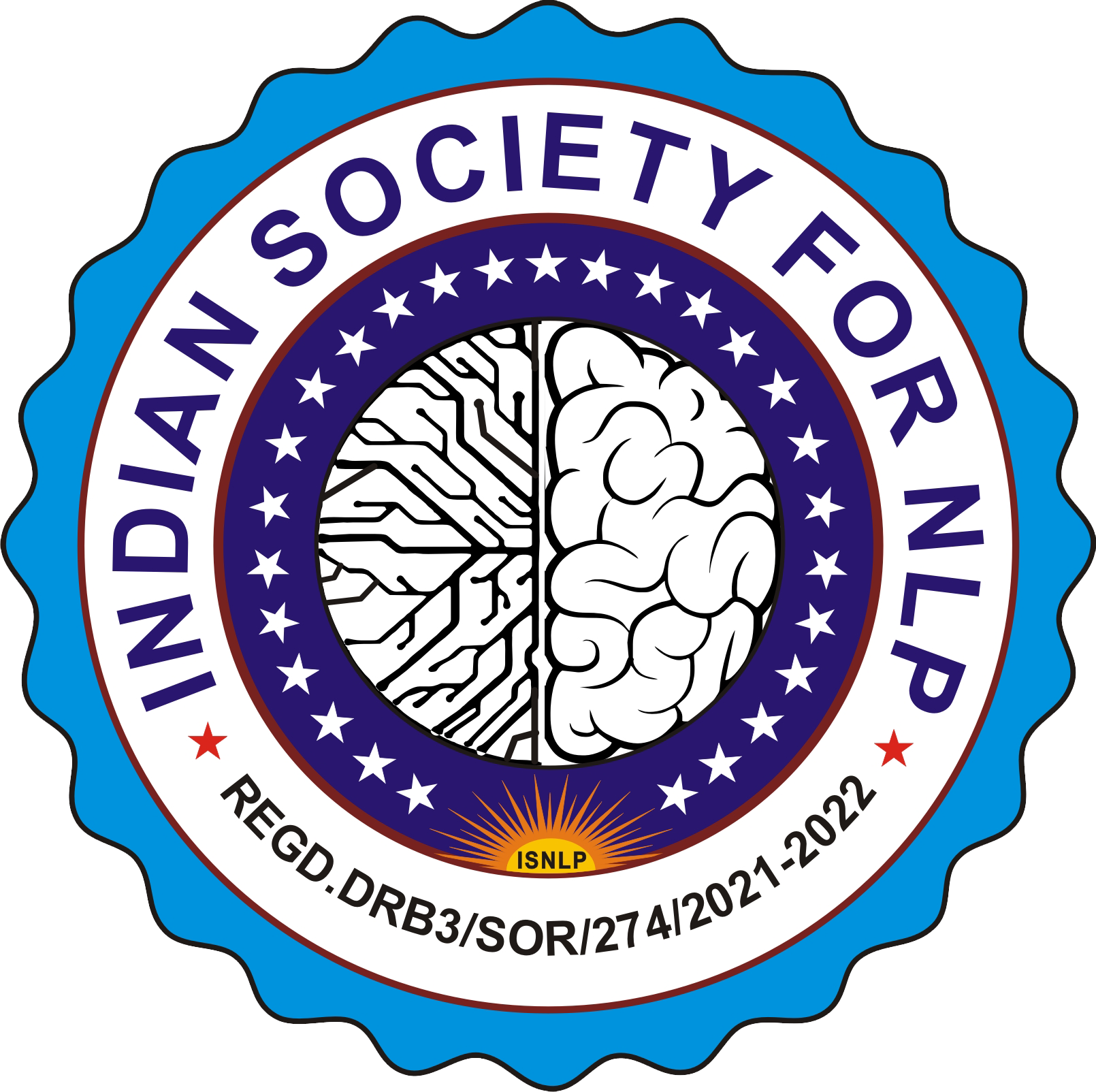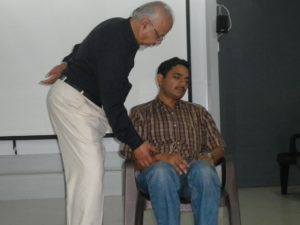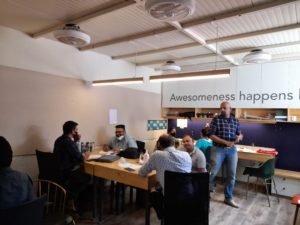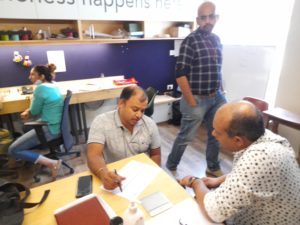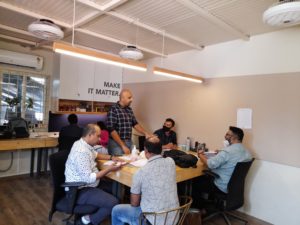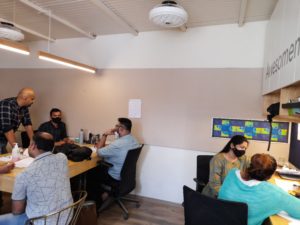Key Concepts in NLP
Neuro: ‘Neuro’ refers to the nervous system. Our brain receives information from the external world through the nervous system and the five senses. This information is filtered, processed, edited translated, and stored into thought processes, both conscious and unconscious. Thought processes activate the neurological system, which in turn affects emotions, physiology, and behavior. Hence, it is both a neurological and physiological process as well. Body and mind form an inseparable unity in human beings.
Thus, ‘neuro’ is all about how we think and how we process our thoughts – how our values, beliefs, memories, and other meta programs that are already stored inside influence our process of thinking – and what meaning we give to what goes on inside – and how that creates our emotional states.
Linguistics: ‘Linguistics’ refers to both verbal and non-verbal (like body language, symbols, etc.) through which we communicate to represent what is stored inside. It means how we use language to order, give meaning to and express what we have experienced through our senses. It is how we communicate our thoughts, conscious and unconscious, to ourselves, to other people, and the world around us. Linguistics is the study of what we speak and more important how we speak can influence our experience. NLP is a set of models of how communication impacts and is impacted by subjective experience.
Programming: ‘Programming’ is the way in which experience is stored, coded, and transformed (similar to how software runs on a PC). By deleting, upgrading or installing our mental software, we can change how we think and, as a result, how we act.
Neuro-Linguistic Programming (NLP) essentially deals with our internal process by which we create a mental structure (Map) of our experience of the world of ‘reality’ through our neurology (mind) and language (linguistic structure) that ultimately causes states (feelings) within us to generate our behaviors.
NLP is often referred to as the software for the human brain. It focuses on the process of mind. An NLP practitioner does not ask why do you have a problem (that is the domain of the academicians). Rather, an NLP practitioner will ask and seek to find out how do you have that problem.
NLP IN ACTION
NLP originated as a better way of carrying out therapy and has been enthusiastically taken up by those in the helping professions as a fast, effective, and safe way of curing phobias, removing unwanted habits, and helping with trauma. It can be used to relieve stress, improve confidence, and tackle many of the problems that people have.
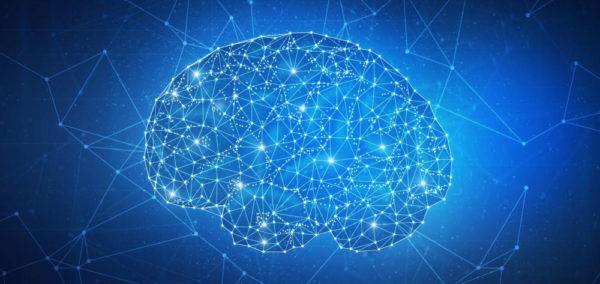
How could ISNLP help you?
Upcoming Events
- There are no upcoming events.
